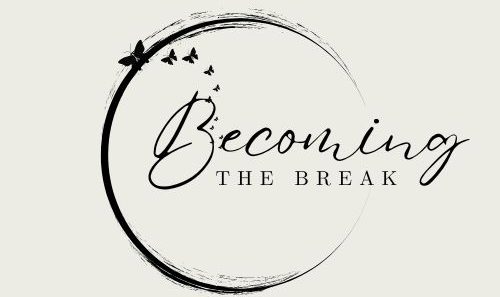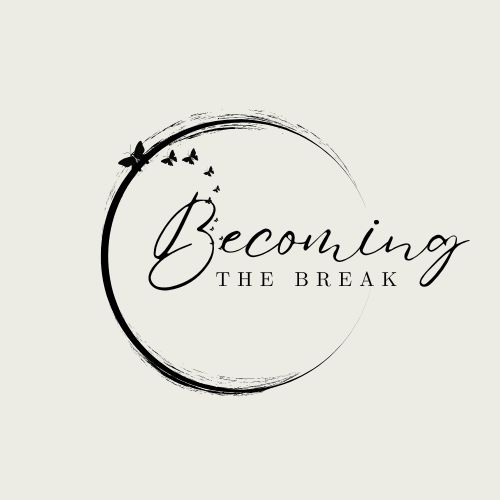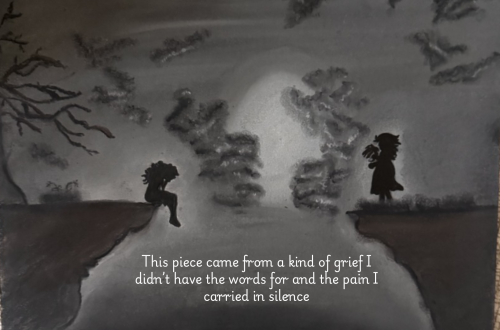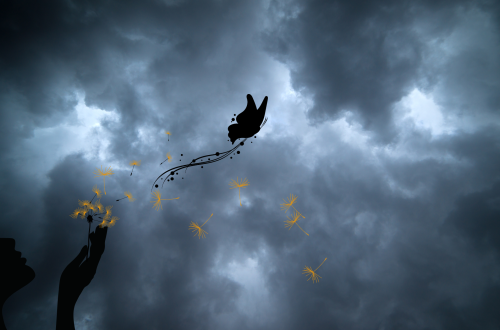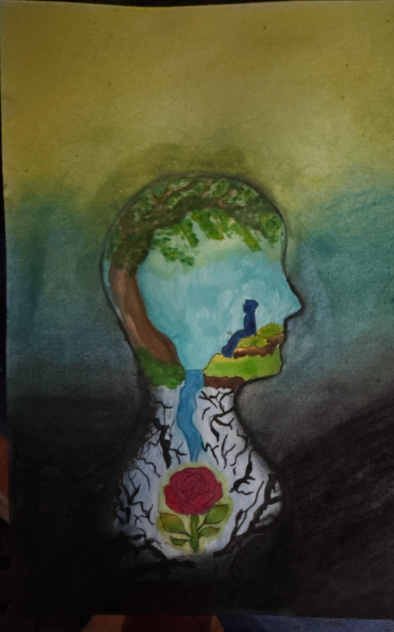
The Pain He Carried Before Me
Some pain doesn’t start with us, but it still finds its way into our hearts.
This is a story about that kind of pain.
The kind passed down quietly and carried in silence.
The kind a child doesn’t understand but still learns to feel. This isn’t just about grief. It’s about inherited pain from my father,
and what it means to name what he never could.
The Pain He Never Learned How to Name
Before I ever arrived, there were wounds already living inside my dad.
Wounds he didn’t talk about, and wounds he might not have even had words for.
Raised under the weight of a father who didn’t know how to show love or softness.
So, my dad learned early how to carry pain in silence.
I used to think the way he rocked, back and forth in every chair, every room, was just a quirk.
Now, I understand:
It was the rhythm of survival.
A way of quieting a storm he didn’t know how to name.
And funny enough, I picked up on it too.
When the world felt too loud, when my body didn’t know how to calm the chaos, I rocked.
As if somewhere in the silence, we shared a language of movement when words weren’t enough.
My dad was different.
Somewhere between not fitting in and not standing out.
He didn’t shine in big rooms or demand attention.
He was gentle, thoughtful, and sensitive in a world that didn’t leave space for soft men.
He carried his emotions the only way he knew how, quietly.
He was uncertain of his worth and haunted by what he believed were failures, even when no one else saw them that way.
And yet, even inside that silence, he saw me.
He made room for my chaos, my energy, my difference.
Where others saw a problem, he saw a person.
A child who moved too much, felt too deeply—but never felt like too much to him.
Sometimes I wonder if he saw a younger version of himself in me—restless, tender, unsure.
Maybe that’s why he made space for me, even when he didn’t know how to make space for himself.
Still, even the quietest pain can grow heavy.
And my dad carried his for years.
He tucked it behind soft smiles, patient nods, and gentle “it’s okay”s.
He was the kind of man who took on everyone else’s weight—but never learned how to set down his own.
Eventually, when his own father passed away, something inside him shifted.
It was as if the pain he had held in silence finally grew too loud to contain.
The man who once rocked in silence began to unravel.
And not long after, my parents split up.
His family, the one he had built, was suddenly fractured.
His wife and two of his kids moved away.
In the aftermath, the house that had once been loud, chaotic, and full of movement became still, too still.
It was just the two of us now.
And I think that quiet was too much.
Without the noise, there was nothing to distract from what he was carrying.
And I think that silence became unbearable.
He didn’t talk about the pain.
He numbed it.
With substances, isolation. and guilt he didn’t know how to speak aloud.
I saw it in his eyes.
The shame and self-blame. The way he held onto every mistake and replayed it in silence.
He was still that sweet, sensitive soul.
But the world had become too loud. Too heavy.
And somewhere along the way, he stopped believing he could carry it.
Releasing My Father’s Pain
This is what inherited pain from my father looked like.
Not violent. Not angry. Just… quiet.
A girl who slowly lost the only person who saw her and made her feel safe.
A girl who grew up believing she wasn’t enough.
And a girl who silently blamed herself.
That’s the part of generational pain no one talks about.
The way silence leaves behind an ache that lingers for years. And how it becomes a story you tell yourself about who you are and what you’re worth.
My dad was a good man with a restless mind, a tender heart, and pain he never learned how to carry.
And still—he loved, in the only way he knew how.
This isn’t about rewriting the past.
It’s about understanding it so I can carry it differently now.
With every layer I uncover, the more compassion I find.
Not just for him, but for the version of him that never got to heal.
And maybe the most loving thing I can do now is this:
To name what he couldn’t.
To carry it differently.
And finally set it down.
He’s at peace now.
There is no more chaos in his mind.
He no longer has to carry the pain, and maybe… I don’t either.
I can’t hand this to him now.
The moment to heal with him has passed.
But the moment to heal for myself is still here.
And maybe that’s enough.
So Dad, this is for you—
For the pain you couldn’t name,
and the love you gave anyway.
For the little boy with big feelings and a gentle soul.
For the man who held his pain in silence until it became too heavy.
For the one who never got the chance to heal.
And this is for me,
For the little girl who took on his pain like it was hers to fix.
The one who can now, at last, let it go.
So now… we can both be free.


